Table of Contents
Electricity has become an indispensable part of our daily lives, powering our homes, industries, and technology. However, the story of who actually invented electricity is not as one might think.
The Early Understandings of Electricity
While electricity may seem like a modern phenomenon, its discovery can be traced back to ancient times. The Greeks were among the first to observe the existence of static electricity. Thales of Miletus, a Greek philosopher, and mathematician, around 600 BCE, noticed that rubbing fur on amber attracted lightweight objects.
This phenomenon, known as static electricity, formed the foundation for future experiments and discoveries.
Benjamin Franklin and the Lightning Experiment
In the 18th century, Benjamin Franklin, one of the founding fathers of the United States, conducted an experiment that would contribute significantly to the understanding of electricity. In 1752, he famously flew a kite during a thunderstorm, attaching a metal key to the string. Franklin theorized that lightning was a form of electricity and wanted to prove it by capturing an electric charge from the storm.
The experiment was successful, and Franklin’s work laid the groundwork for understanding the nature of electricity and its relation to lightning.
Alessandro Volta and the Invention of the Battery
The Italian physicist Alessandro Volta is credited with inventing the first true battery in 1800. He developed the “Voltaic Pile,” a stack of alternating zinc and copper discs separated by cardboard soaked in saltwater. This groundbreaking invention generated a steady flow of electrical current, providing the means to produce and control electricity for the first time.
Michael Faraday and the Discovery of Electromagnetic Induction
Michael Faraday, an English scientist, made remarkable contributions to the field of electricity and magnetism in the 19th century. His experiments with electromagnetism led to the discovery of electromagnetic induction in 1831. Faraday observed that by moving a magnet through a coil of wire, an electric current was induced in the wire.
This breakthrough laid the foundation for the development of electric generators and motors, making Faraday one of the most influential figures in the history of electricity.
Thomas Edison and the Invention of the Electric Light Bulb
Although not the inventor of electricity, Thomas Edison played a pivotal role in its practical application. In 1879, he successfully created a long-lasting, practical electric light bulb, which revolutionized indoor lighting. Edison’s invention provided a viable alternative to gas lighting and paved the way for the widespread use of electricity in homes and industries.
Nikola Tesla and Alternating Current (AC)
Nikola Tesla, a Serbian-American inventor, engineer, and physicist, made significant contributions to the field of electrical engineering. Tesla’s most notable achievement was the development of alternating current (AC) power transmission and distribution systems.
AC offered distinct advantages over Thomas Edison’s direct current (DC) system, allowing electricity to be transmitted over longer distances more efficiently. Tesla’s work in AC power laid the foundation for the modern electrical grid and the widespread availability of electricity.
Also, read Xometry

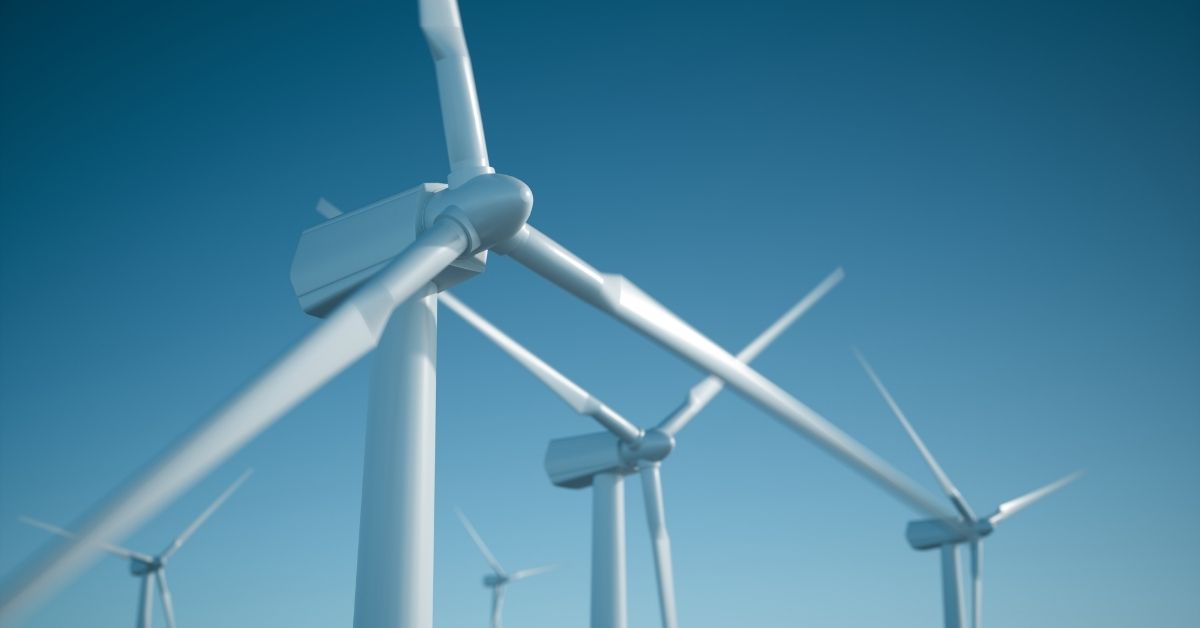

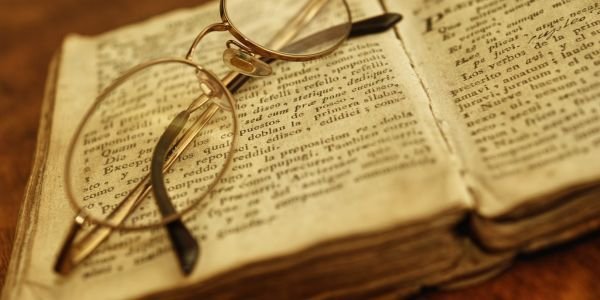





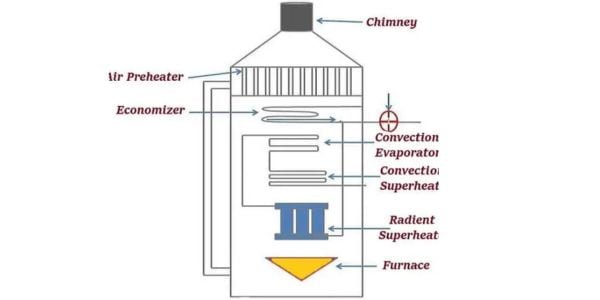



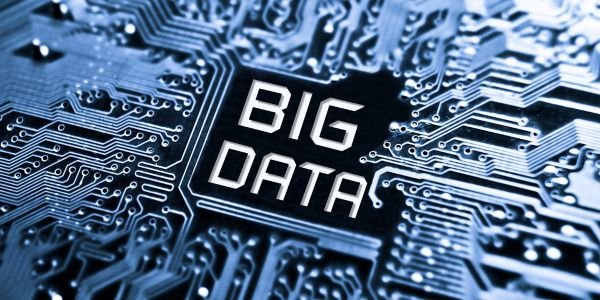

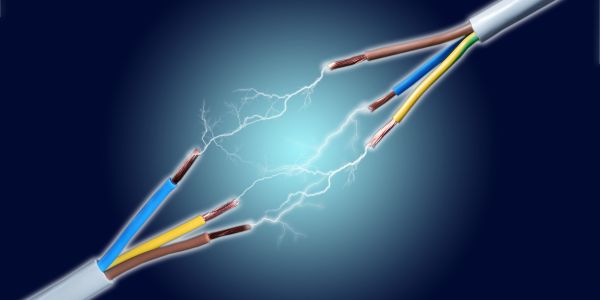
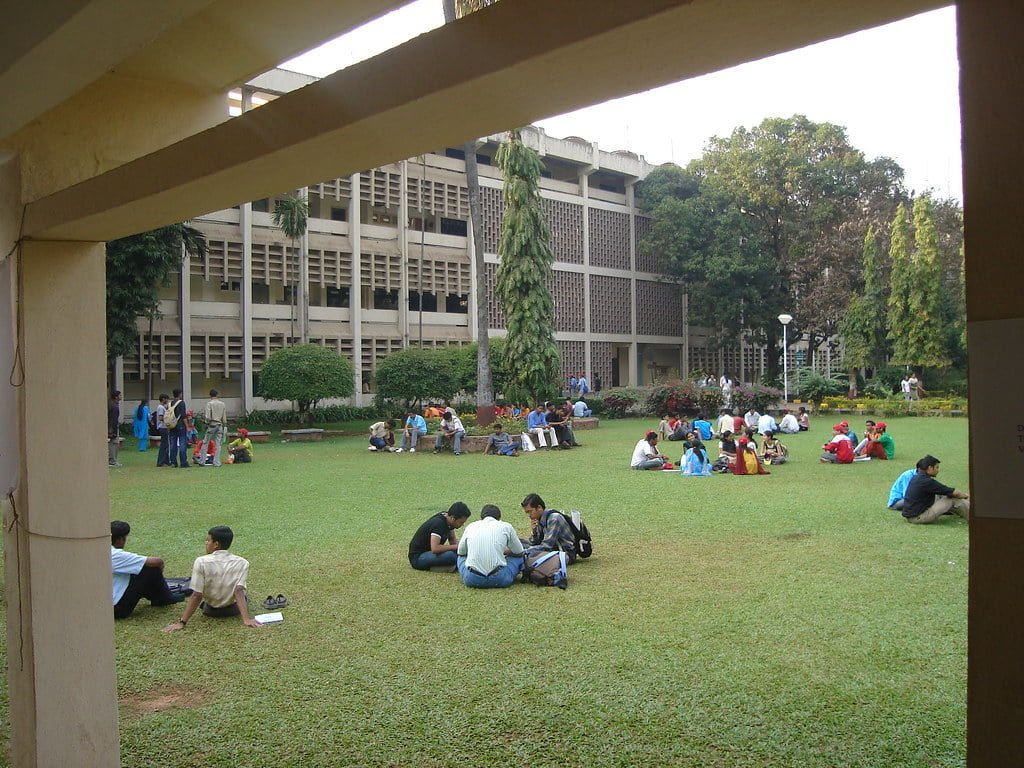
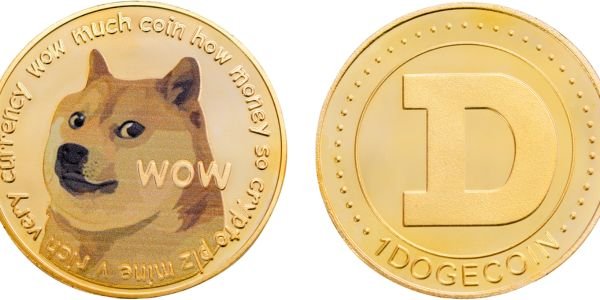
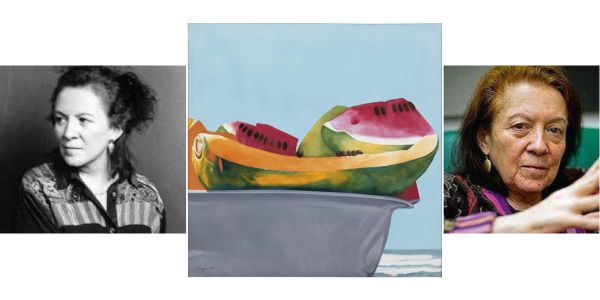
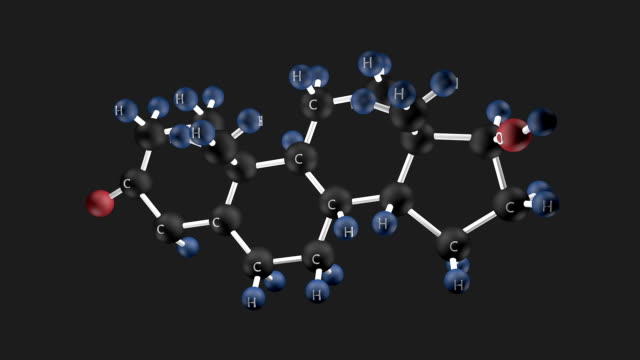


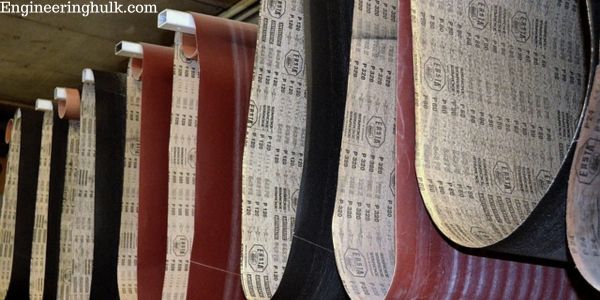

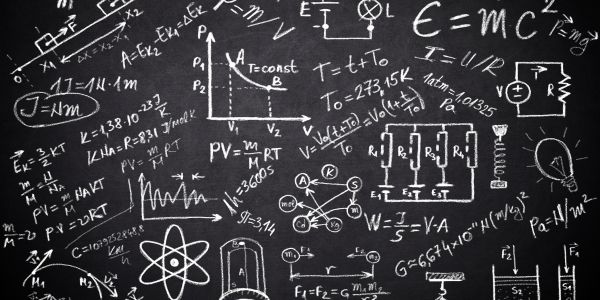



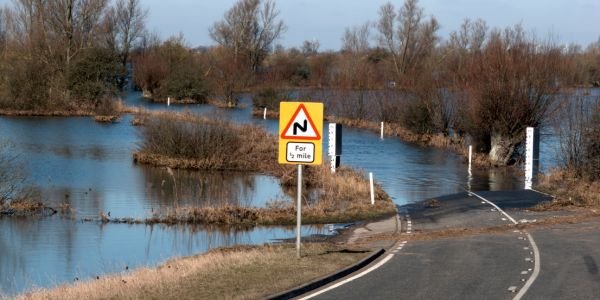
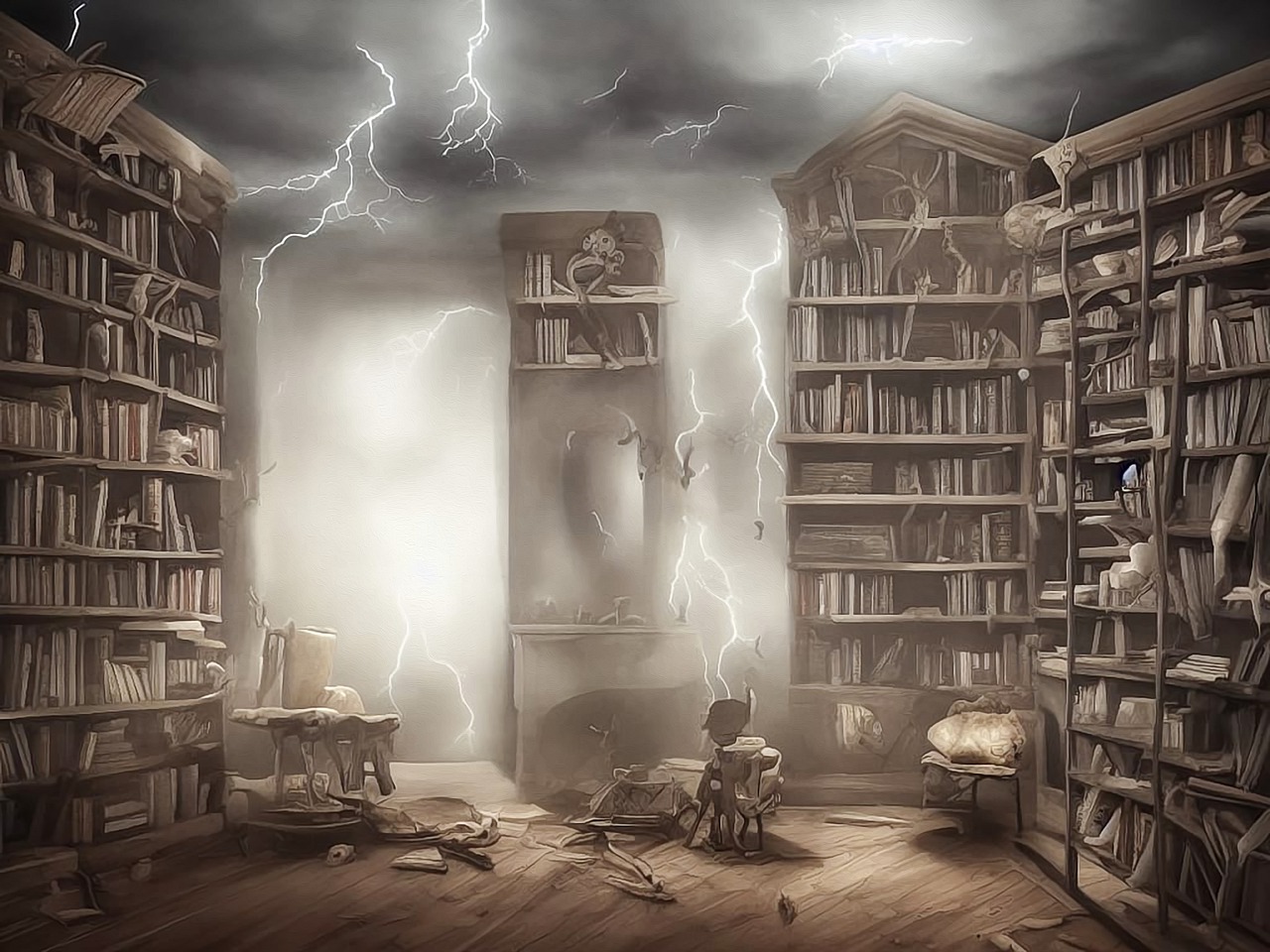

Comment on “Who invented electricity? The answer is not Easy!!!”
Comments are closed.